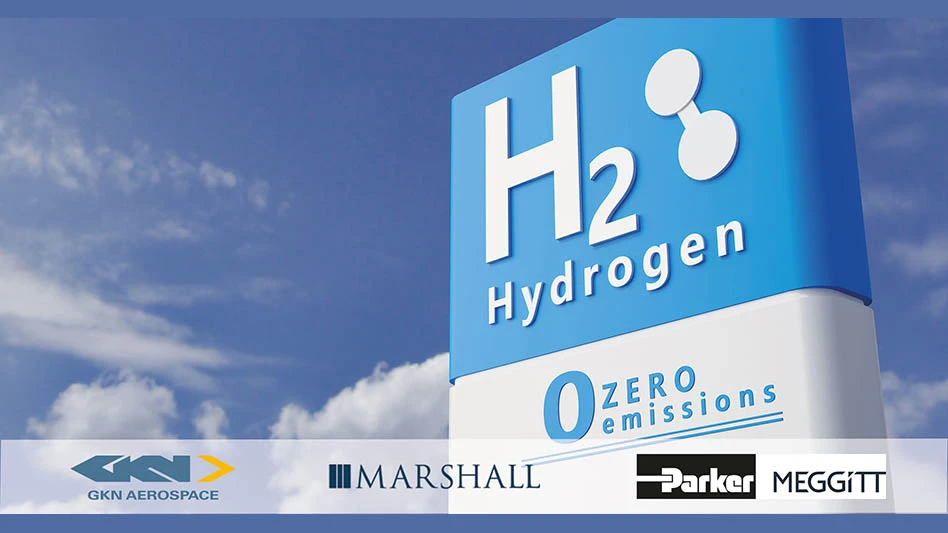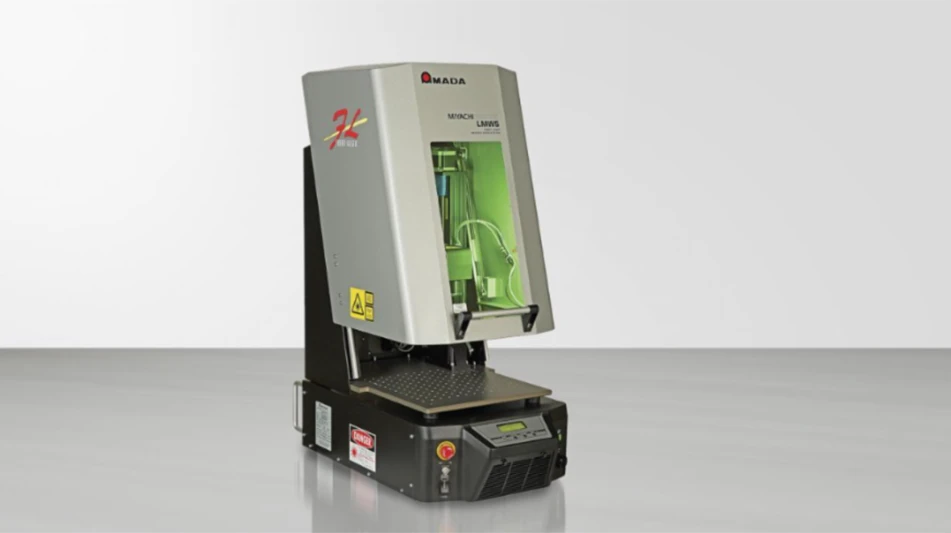
GKN Aerospace
GKN Aerospace, Marshall, and Parker Aerospace are leveraging their world-leading capabilities to collaborate under a Memorandum of Understanding (MoU) aimed at exploring liquid hydrogen fuel system solutions for the next generation of zero emission aircraft.
Hydrogen propulsion, whether through fuel cells or combustion, is considered a critical pathway for the aviation industry to achieve its ambitious goal of net zero emissions by 2050. This partnership marks a significant milestone in the pursuit of sustainable aviation.
The liquid hydrogen fuel system to be developed jointly by Marshall, GKN Aerospace, and Parker under this MoU will be capable of supporting both hydrogen electric and combustion applications. In developing the system, Marshall, GKN Aerospace, and Parker will combine their extensive experience in the design, testing, certification, and manufacture of novel fuel systems for aerospace applications.
Russ Dunn, CTO GKN Aerospace said: "With this agreement, we have now set out a complete path to achieving zero-emissions flight at a game-changing scale. By working alongside Marshall and Parker, who have deep expertise in fuel systems, we can accelerate the development of the technology building blocks required for a complete hydrogen propulsion system for mid-range aircraft. This partnership, combined with our other industry-leading collaborations, is a significant step towards a sustainable future for aviation."
Kieren Paterson, Managing Director of Marshall Futureworx, said: "Futureworx’s mission is to identify and develop a new generation of innovative products and services that address problems of practical significance. Given our highly creative engineering talent and decades of experience and expertise in developing and certifying novel fuel systems within Marshall Aerospace, we are uniquely positioned to play a pivotal role in shaping the future of hydrogen fuel systems for aircraft. We are excited to collaborate with esteemed industry leaders GKN Aerospace and Parker in advancing the development of hydrogen propulsion systems and contributing to a more sustainable aviation industry."
Tracy Rice, VP Technology and Innovation for Parker Aerospace, said: "Parker is fully committed to sustainability which is why we are making focused investments in innovative, next-generation technologies. Hydrogen fuel systems play a critical role in achieving zero emissions in aviation and we are confident that this partnership will enable us to further advance our expertise in this area and drive the development of innovative solutions that support a more sustainable future."
The proposed liquid hydrogen fuel system collaboration will benefit significantly from the ongoing UK Aerospace Technology Institute funded, GKN Aerospace led, H2GEAR program, which will ground test a scalable hydrogen electric fuel cell propulsion system in 2025. The intent is to bring the complete scalable fuel system and propulsion system together in a single flight test bed environment before the end of the decade. At the Paris Air Show, GKN Aerospace signed a collaboration MoU to explore an integrated flight demonstration of the end-to-end system.
Initial studies suggest that such a system could support a wide range of aircraft, including commuter planes (under 19 passengers), business jets, and regional aircraft (up to 100 passengers). Scalability of the system for larger narrow-body aircraft is currently being studied.
Latest from Aerospace Manufacturing and Design
- GE Aerospace secures Air Force engine contract
- Thomson Industries' online sizing and selection tool
- #53 - Manufacturing Matters - 2024 Leaders in Manufacturing Roundtable
- Join us for insights on one of the hottest topics in manufacturing!
- You can still register for March’s Manufacturing Lunch + Learn!
- Ohio creates Youngstown Innovation Hub for Aerospace and Defense
- Tormach’s Chip Conveyor Kit for the 1500MX CNC Mill
- How to Reduce First Article Inspection Creation Time by 70% to 90% with DISCUS Software





